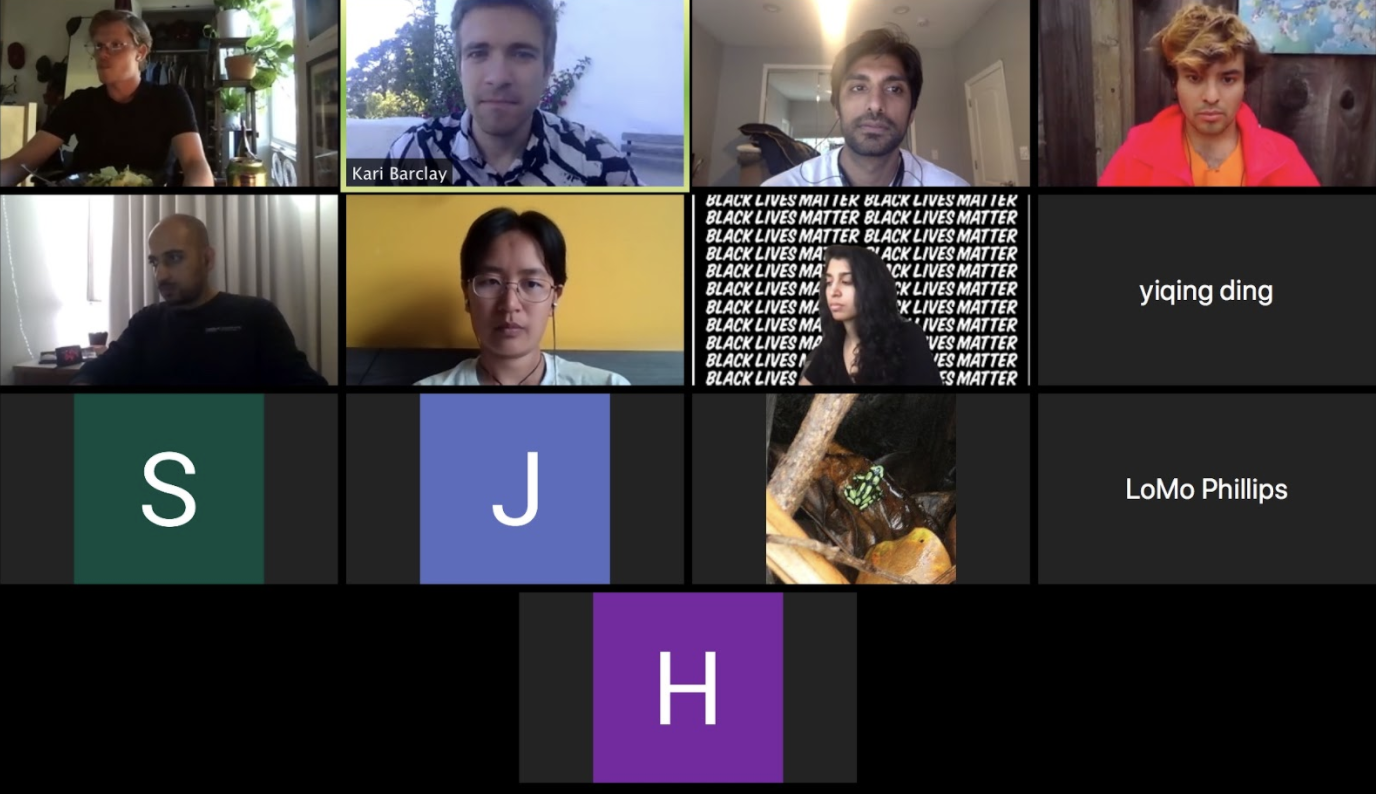The Graduate Student Council (GSC) passed two resolutions at its final meeting on Wednesday — one that urges the University to condemn xenophobia against Chinese students and oppose a federal policy restricting the emigration of Chinese graduate students, and one that calls on the University to implement the demands of Black students regarding police presence on campus.
Fourth-year Mechanical Engineering Ph.D. student Yiqing Ding sponsored a resolution that asks Stanford to oppose a Trump administration proclamation that would suspend the entry of student researchers from China and a bill proposed in Congress that would bar all Chinese nationals from graduate programs in STEM fields.
The resolution declared these “drastic measures” are “indicative of xenophobic sentiments from the federal government,” and called on the University to advocate against the policy “through their lobbying efforts directed at Congress and the White House.”
First-year law student Jonathan Deemer agreed that the congressional bill was too broad in the student population it targeted but said that there are legitimate national security concerns behind the legislation. Deemer proposed an amendment that he said would acknowledge these concerns.
Ding said that the sentiments behind the policies are the issue, arguing that the resolution is about xenophobia and not national security.
Deemer concurred, and the resolution was passed unanimously.
The GSC also discussed a resolution expressing solidarity with Black students and supporting a coalition’s proposed changes to policing on campus. First-year law student and Black Law Student Association Co-President Aryn Frazier said Black students are writing a letter to Stanford administrators demanding police reforms, including decreasing funding for the police department, increasing deescalation training and requesting more accountability measures. GSC members incorporated these demands into a resolution, which also calls on the University to disarm campus police and terminate contracts with off-campus police departments.
Deemer raised concerns that these measures would prevent police from adequately responding to an active-shooter on campus.
“This could be the difference between a 20-minute response time versus a five-minute response time,” Deemer said. “That could be 15 to 20 lives saved … If something goes wrong I’d feel really bad for having disarmed everyone in the area.”
Frazier said a broken contractual agreement with an off-campus police force would have “very little or nothing” to do with whether that force would respond to an active shooter situation.
The resolution passed with only Deemer in opposition. Deemer said he wanted more time to do research on the responsiveness of off-campus police to an active shooter situation.
Contact Ravi Smith at ravi22 ‘at’ stanford.edu.
